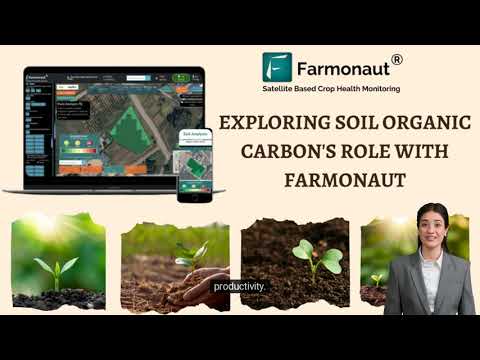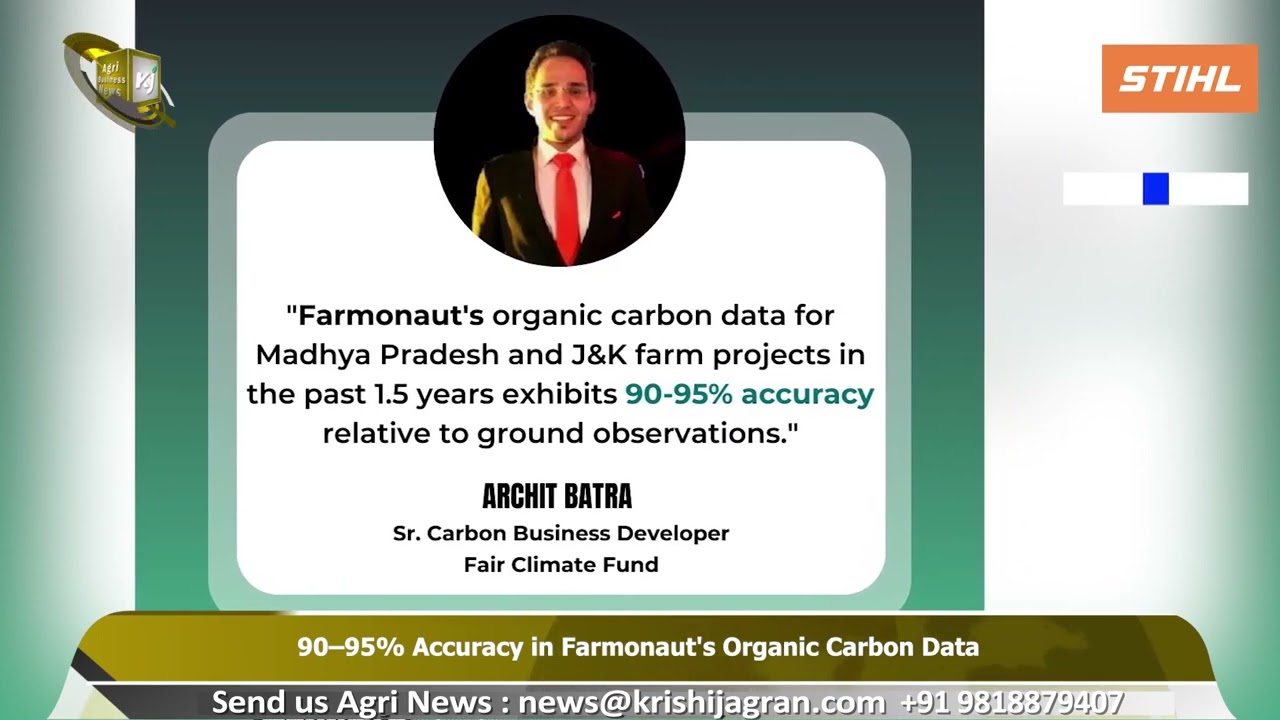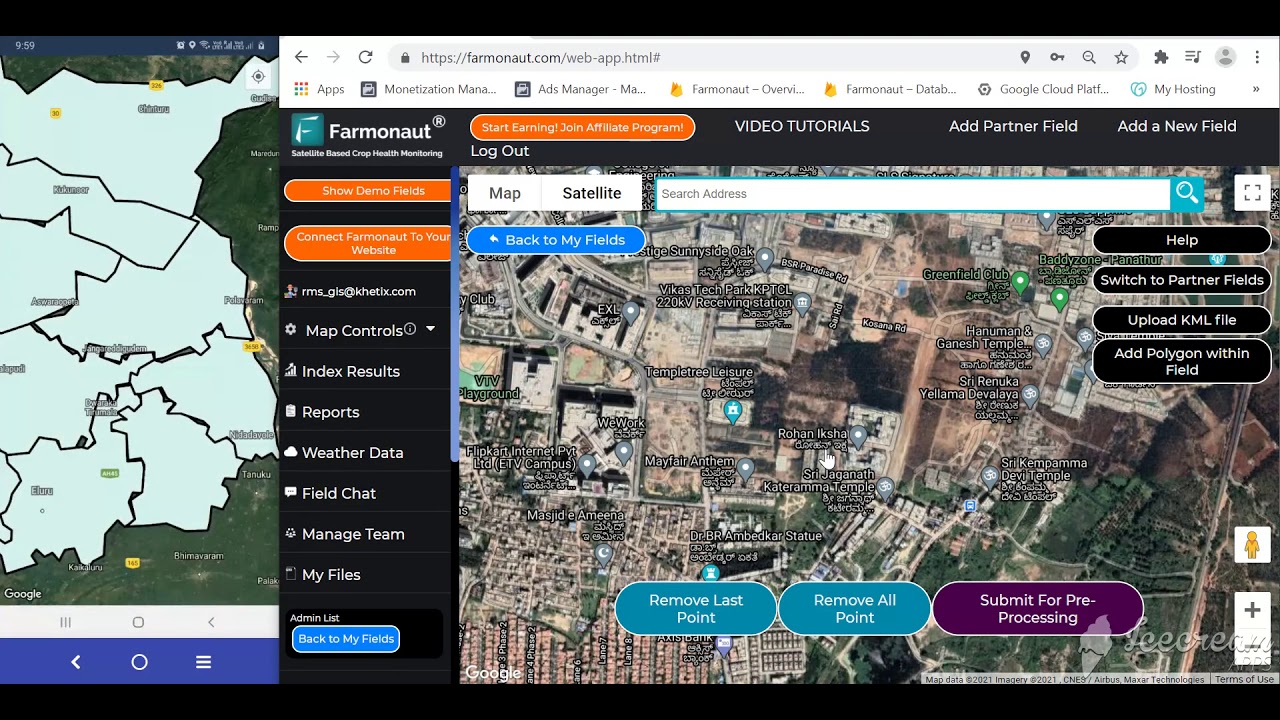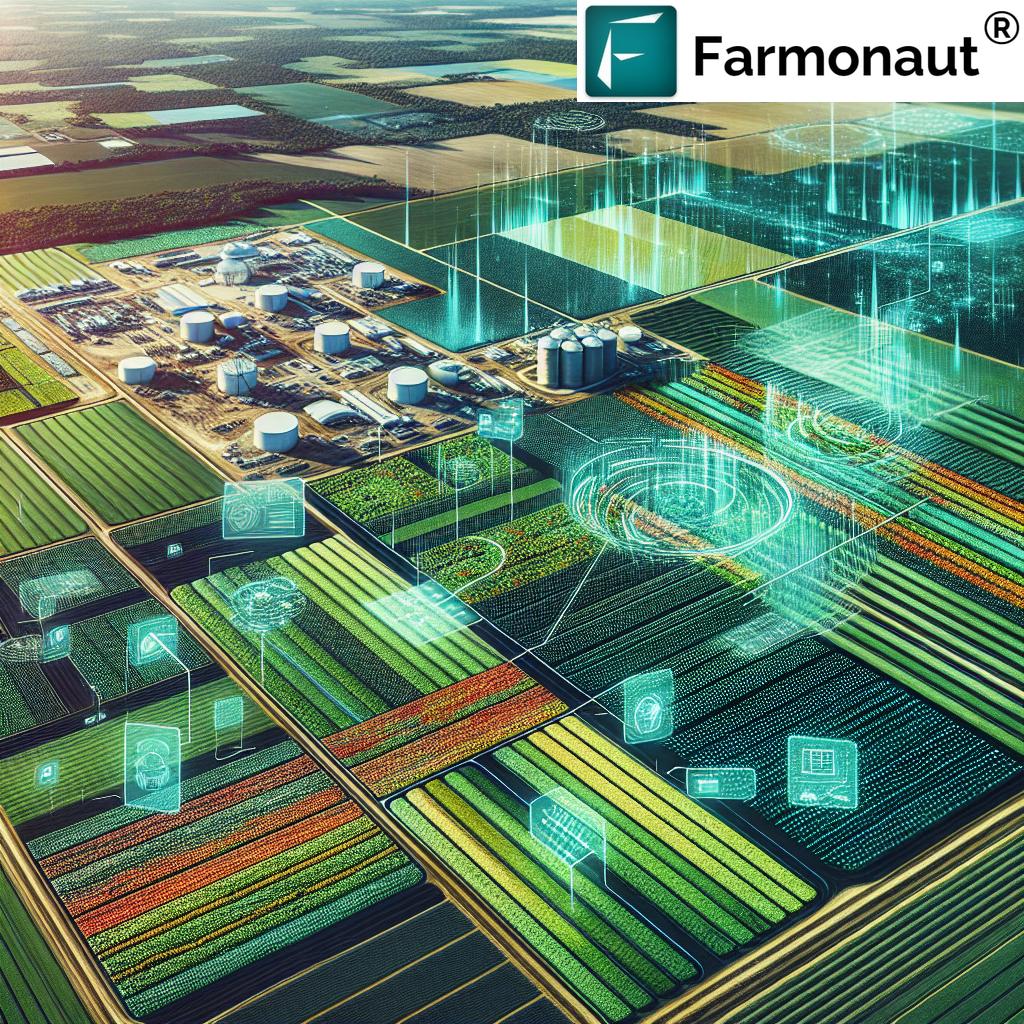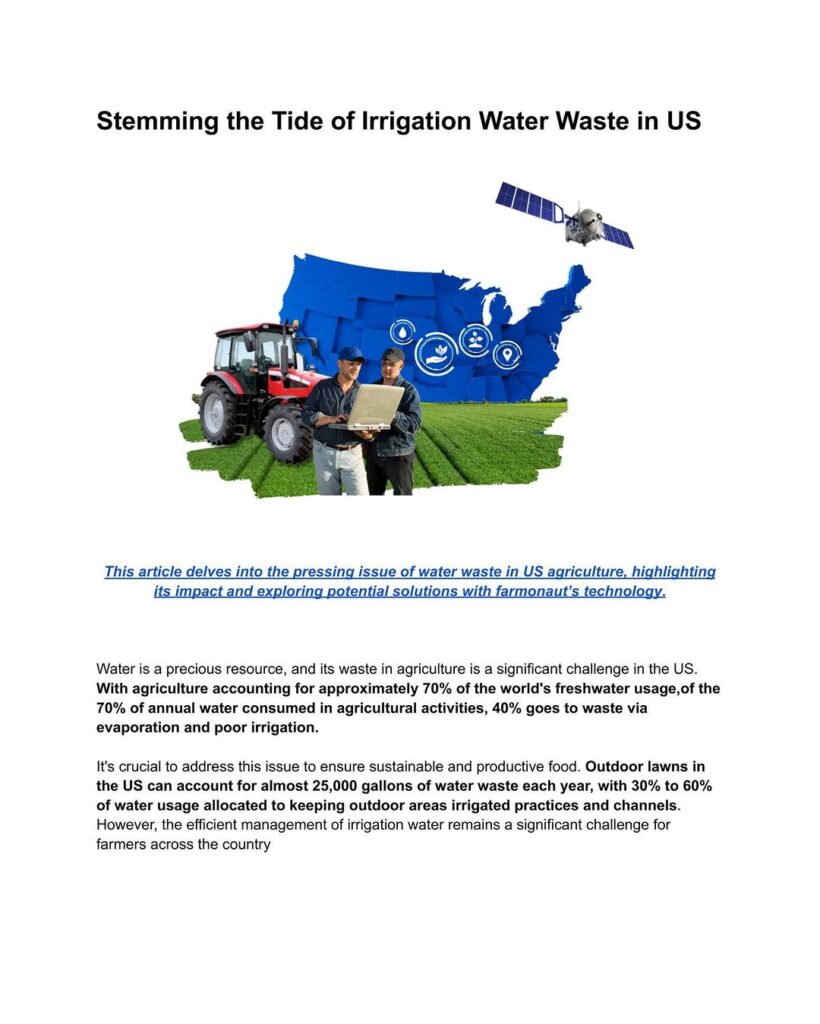Agricultural Soil Certification Services for Sustainable Farming: Boost Yields, Enhance Soil Health, and Ensure Environmental Standards
“Certified soils can increase crop yields by up to 20% through improved nutrient management and sustainable practices.”
Overview: Understanding the Power of Soil Certification Services
At the heart of sustainable agriculture lies one key element: soil. As we step into an era of resource conservation, environmental stewardship, and heightened consumer consciousness, agricultural soil certification services are rapidly becoming indispensable for forward-thinking farmers and land owners. These services assess and verify soil health, fertility, and management practices against internationally recognized standards, guiding stakeholders toward truly sustainable soil management.
Through careful evaluation and adherence to soil health standards, certified practices not only boost agricultural yields and improve soil quality but also ensure regulatory compliance and access to premium markets. The adoption of certified agricultural management is no longer a niche—it’s becoming the gold standard for competitive, responsible, and productive farming and forestry worldwide.
The Importance of Sustainable Soil Management
Without healthy soil, there is no sustainable agriculture. The intricate balance of organic matter, micronutrients, and biodiversity within soil determines the fate of crop yields, resource usage, and environmental quality. Maintaining this balance is essential for preserving soil structure, supporting crop yield enhancement, and reducing the risk of degradation such as erosion and compaction.
- Soil health standards provide a blueprint for quality and sustainability in agricultural production.
- Certified management programs support farmers in making data-driven decisions regarding nutrient management and organic matter maintenance.
- By preventing soil erosion and promoting biodiversity, sustainable soil management underpins resilient food systems and environmental stewardship.
Well-implemented soil certification services drive the adoption of best practices, making it possible to assess, verify, and continually improve soil quality. These certified services ensure our agricultural practices remain ecologically sound and economically viable for generations to come.
Key Soil Certification Programs: Standards and Guidelines
To promote sustainability and enhance soil quality, various organizations and associations have developed well-defined soil certification programs. These programs are grounded in environmentally friendly farming practices that balance productivity with ecological preservation.
Good Agricultural Practice (GAP) Certification
- Focus: Ensures that farming practices are safe, sustainable, and environmentally friendly.
- Guidelines: Include effective nutrient management, erosion control in agriculture, organic matter maintenance, and compaction prevention.
- Benefits for Farmers:
- Reduces risks of crop contamination
- Enables farmers to access new markets by meeting international standards
- Promotes soil fertility improvement and sustainability
- Learn more about GAP Certification
GLOBALG.A.P.: International Standards for Sustainable Farming
- Sets global standards for: Sustainable soil use, erosion control, and reduction of chemical inputs.
- Reduces: Environmental impacts, and promotes safe, traceable agricultural products for international markets.
- Explore GLOBALG.A.P.
Demeter International: Biodynamic & Organic Soil Certification
- Focus: Implements strict biodynamic and organic soil certification programs.
- Requirements: Prohibits synthetic fertilizers, prioritizes composting and crop rotation, and mandates high standards for soil fertility and biodiversity.
- Discover Demeter International
ISO 14001: Environmental Management & Soil Health
- Scope: Standardizes environmental management systems for agriculture, including soil and resource conservation.
- Benefits: Supports compliance with regulatory requirements and demonstrates environmental responsibility to buyers and consumers.
Regenerative Agriculture Certification
- Focus: Goes beyond “do no harm” to actively improve soil quality, restore biodiversity, and increase organic content.
- Practices Encouraged: Reduced tillage, integrating cover crops, rotational grazing, and maximizing plant diversity.
These programs each have their own guidelines, application processes, and areas of focus. Selecting the right certification depends on your farm’s scale, crops, region, and environmental priorities.
Soil Testing and Analysis: Foundation of Soil Certification Services
At the core of soil certification services lies soil testing and analysis. These critical assessments empower us to:
- Accurately measure nutrient levels, pH, and organic matter content
- Diagnose deficiencies, toxicities, and compaction issues
- Make informed decisions on fertilization and soil amendments
Reputable organizations, including the Agricultural Laboratory Testing Association (ALTA),
certify soil testing laboratories to guarantee accurate, industry-standard analysis. By systematically testing, evaluating, and verifying soil quality, farmers can tailor their management strategies for optimum soil fertility improvement and sustainability.
Comparative Table: Soil Certification Types and Sustainability Impacts
To help land owners, farmers, and agribusinesses choose the right certification pathway, let’s compare leading soil certification types by their estimated impacts on yields, soil health, environmental standards, and cost. All values are based on industry data and estimates for educational purposes.
| Certification Type | Estimated Yield Increase (%) | Estimated Soil Health Improvement (%) | Environmental Standards Met | Certification Cost (Estimated USD) | Certification Validity Period |
|---|---|---|---|---|---|
| Organic Soil Certification | 10–15 | 15–25 | High (no synthetic inputs, enhanced biodiversity) | 1,200–3,000 | 1–5 years |
| ISO 14001 Certification | 8–12 | 12–20 | Global compliance (environmental management systems) | 2,000–5,000 | 3 years |
| Regenerative Agriculture Certification | 15–25 | 20–35 | Very High (carbon sequestration, biodiversity uplift) | 1,500–4,000 | 3 years |
| Demeter / Biodynamic Certification | 8–18 | 20–30 | Strict organic + biodynamic (no synthetics, extensive rotation) | 1,800–4,500 | 1–5 years |
| GLOBALG.A.P. | 12–20 | 16–24 | International food & environmental safety | 1,500–3,500 | 1 year |
| GAP Certification | 10–18 | 15–22 | National/international agricultural standards | 800–2,500 | 1–3 years |
Each program aligns with unique standards, so it’s crucial to evaluate your goals, regulations, and economic context before making a selection.
“Over 60% of certified farms report enhanced soil health and compliance with environmental standards within two years.”
Benefits of Agricultural Soil Certification Services
Committing to soil certification services and sustainable soil management unlocks a wide spectrum of benefits for farmers, agribusinesses, and the environment:
- Enhanced Soil Health: Certified practices improve soil structure, fertility, organic content, and biodiversity, leading to increased resilience and productivity.
- Market Advantages: Certified products can access premium markets and often command higher prices due to their documented sustainability and safety.
- Regulatory Compliance: Ensures full alignment with environmental standards, helping farmers comply with both local and international regulations.
- Resource Conservation: Adoption of good agricultural practices enables more efficient use of fertilizers, water, and land, driving resource conservation.
- Promotion of Biodiversity: Certification programs help preserve and restore vital ecosystems that support long-term crop productivity.
- Data-Driven Management: Soil testing and analysis provide the objective data needed to guide ongoing improvement.
- Adaptability to Climate Challenges: Healthy, certified soils are more resilient to droughts, floods, and extreme weather events.
- Community and Environmental Health: Reduced runoff, safer food, and less exposure to harmful chemicals benefit farmers, consumers, and local communities alike.
For those focused on forestry, similar certification programs support sustainable forest management, balancing wood production with environmental stewardship.
Leveraging Farmonaut for Sustainable Soil Management and Certification Success
Modern soil certification services and sustainable soil management require cutting-edge technology alongside agroeconomic expertise. This is where Farmonaut becomes an invaluable ally for every land owner and agribusiness seeking robust, data-driven solutions:
Farmonaut’s Technology Platform: Data-Driven Soil and Resource Management
- Satellite-Based Crop Health Monitoring: Track real-time soil moisture and vegetation health for precise resource allocation (↗ Farmonaut Large-Scale Farm Management).
- AI-Powered Advisory (Jeevn AI): Receive personalized, expert recommendations on crop and soil management via advanced analytics and weather forecasts.
- Blockchain-Based Traceability: Record farm management steps for regulatory compliance and product transparency; ideal for organic soil certification and international product traceability (↗ Farmonaut Traceability Solution).
- Fleet and Resource Management: Reduce operational costs, optimize vehicle movement, and support efficient field operations with seamless fleet tracking (↗ Farmonaut Fleet Management).
- Carbon Footprinting: Monitor and minimize the environmental footprint of agricultural practices for better positioning in sustainability reporting (↗ Farmonaut Carbon Footprinting).
- API Access: Integrate real-time satellite and weather data into custom applications (for researchers, cooperatives, and tech developers: Farmonaut API & Developer Docs).
- Financial Verification: Accelerate crop loan and insurance approval while reducing fraud risk using satellite-based evidence (↗ Farmonaut Crop Loan and Insurance).
Why Choose Farmonaut’s Platform?
- Affordability: Democratizes precision agriculture by removing the need for expensive hardware—ideal for farms of all scales.
- Accessibility: Available via Android, iOS, browser App, and API, putting advanced insights in the palm of every farmer’s hand.
- Scalability: Robust enough to support individual farms, cooperatives, and government-scale programs.
- Sustainability: Track carbon emissions, resource usage, and compliance with international environmental standards.
- Transparency & Trust: Blockchain and real-time data support regulatory audits and secure, transparent farm-to-market supply chains.
As we look to the future, Farmonaut helps us not just comply—but excel—in the new landscape of sustainable soil management and environmental stewardship.
Challenges and Considerations for Soil Certification
Embracing soil certification services and pursuing sustainable soil management can present a few hurdles. Understanding these challenges helps us better prepare for a smooth transition:
- Certification Costs: Initial outlay for application, audits, and compliance documentation can be substantial. However, the long-term premium pricing and market access may offset these costs.
- Complexity of Standards: Each certification program has unique requirements and documentation needs. Navigating the paperwork often requires additional training for farm staff.
- Ongoing Education: Farmers and land owners benefit from having access to continuing education and training regarding updates in regulations, practices, and technology.
- Need for Accurate Data: Objective soil testing and analysis require accredited laboratories and systematic sampling protocols.
- Adaptation of Practices: Some standards require substantial changes to existing workflows—such as conversion to organic, adoption of cover cropping, or reduction of chemical inputs.
- Regular Renewal: Certifications are issued for defined validity periods (1–5 years); ongoing re-certification is necessary to remain compliant.
Despite these considerations, with strategic planning and the right technological partners, the journey is not only feasible but tremendously rewarding—economically and environmentally.
Frequently Asked Questions: Soil Certification, Testing, & Sustainable Practices
What is soil certification, and why is it important?
Soil certification evaluates soil management practices against recognized standards to ensure soil health, productivity, and environmental sustainability. Certified soil demonstrates adherence to good agricultural practices, unlocking access to new markets and regulatory compliance.
Which soil certification is best for my farm or agribusiness?
The optimal certification depends on your crops, scale, goals, geography, and target markets. Organic soil certification is ideal for synthetic-free management, while GLOBALG.A.P. and ISO 14001 serve those looking for international trade. Regenerative agriculture certifications offer holistic approaches focusing on ecosystem improvement.
How often should we conduct soil testing and analysis?
Reliable soil testing and analysis should be performed at least annually, ideally before major planting or fertilization. Routine monitoring helps guide adaptive management and supports certification renewals.
Are there affordable tools to support digital soil and farm management?
Yes, Farmonaut offers affordable, scalable solutions—including AI-powered soil and crop monitoring, resource tracking, blockchain traceability, and more—all accessible via web, Android, iOS, and API. Try Farmonaut’s farm management tools today.
Does certification really improve crop yields and soil health?
Absolutely. Research and fieldwork show that certified soil management practices can boost yields by up to 20% and drastically improve soil structure, fertility, and biodiversity in a matter of years.
Is Farmonaut a certifying body?
No. Farmonaut is a leading agricultural technology company providing digital tools, satellite insights, and resource management to help farmers and agribusinesses achieve compliance, improve productivity, and support sustainable operations.
Conclusion: Embracing Soil Certification for Sustainable Agriculture and a Greener Future
The journey toward sustainable farming and forestry begins with the earth beneath our feet. Agricultural soil certification services give us the framework, guidance, and accountability needed to unlock greater yields, enhance soil health, and safeguard our environment for tomorrow’s generations.
As we navigate the complex landscape of standards, markets, and regulatory requirements, combining accredited soil testing and analysis with data-powered platforms such as Farmonaut positions us at the forefront of the global shift toward sustainability. This holistic approach empowers farmers, agribusinesses, and land owners to not only meet but exceed the rising expectations of a food-secure world—delivering nutritious crops, thriving soils, and a lasting legacy.
Ready to start your sustainable journey? Explore Farmonaut’s app, deploy satellite insights, and adopt best-in-class soil management practices for a prosperous, regenerative, and environmentally friendly future.







